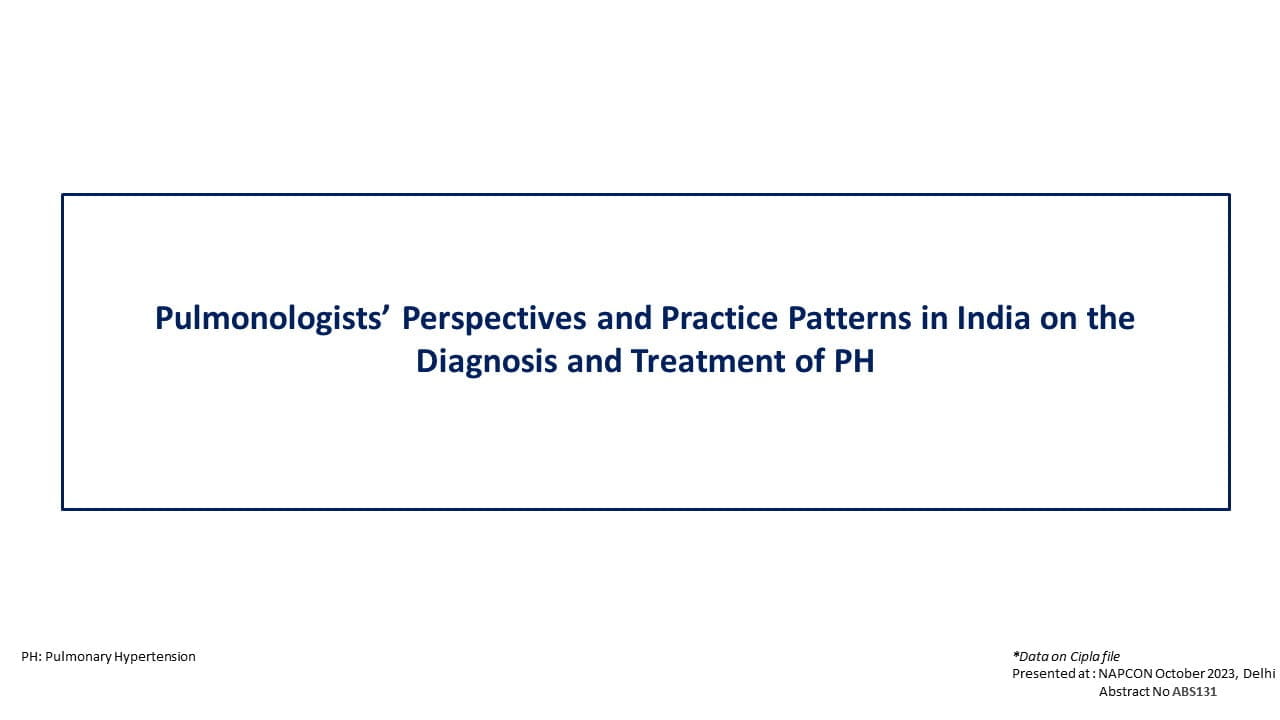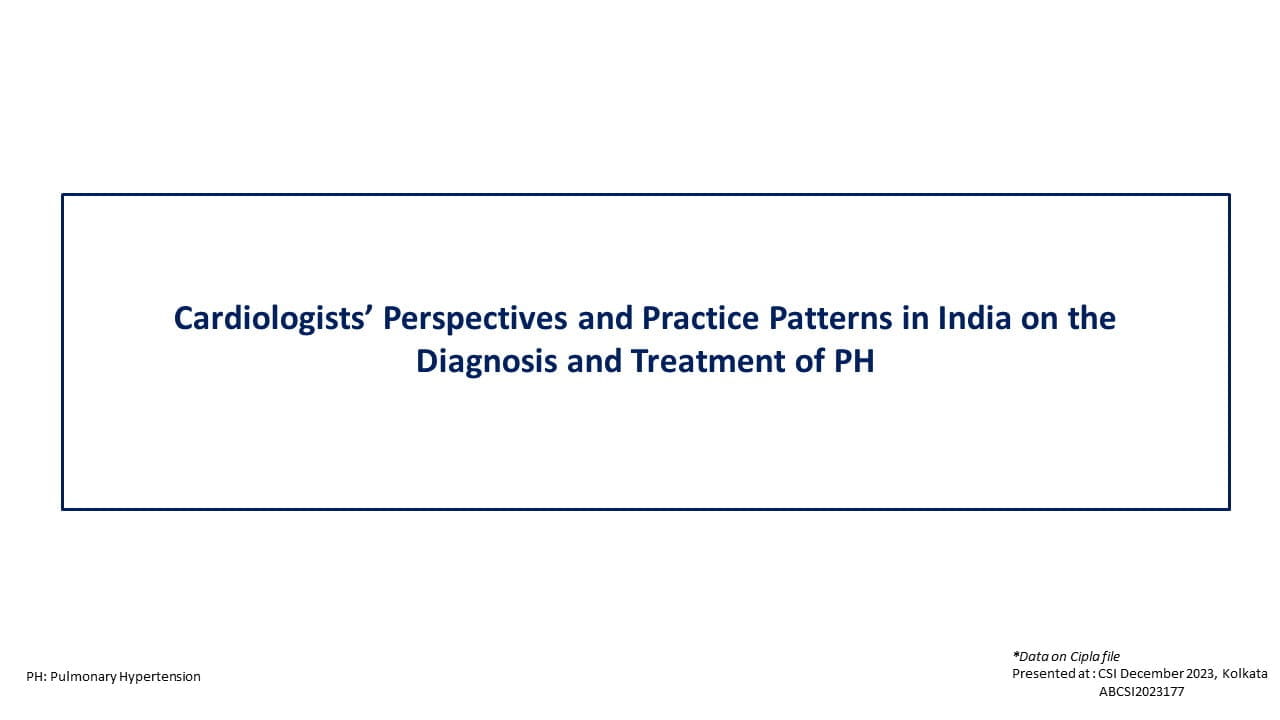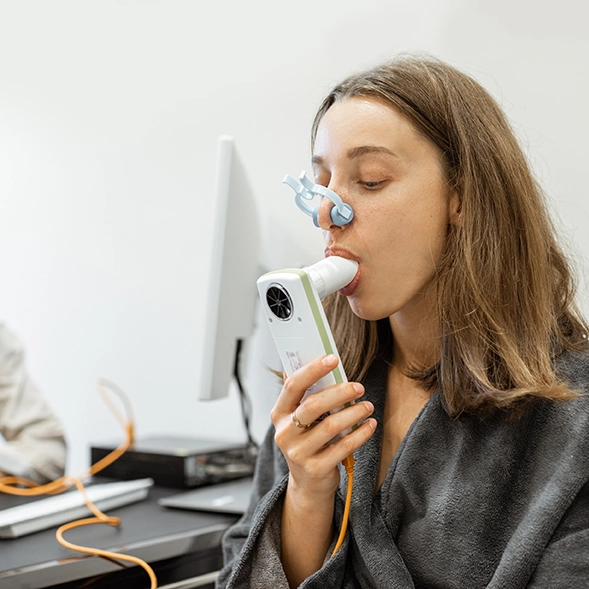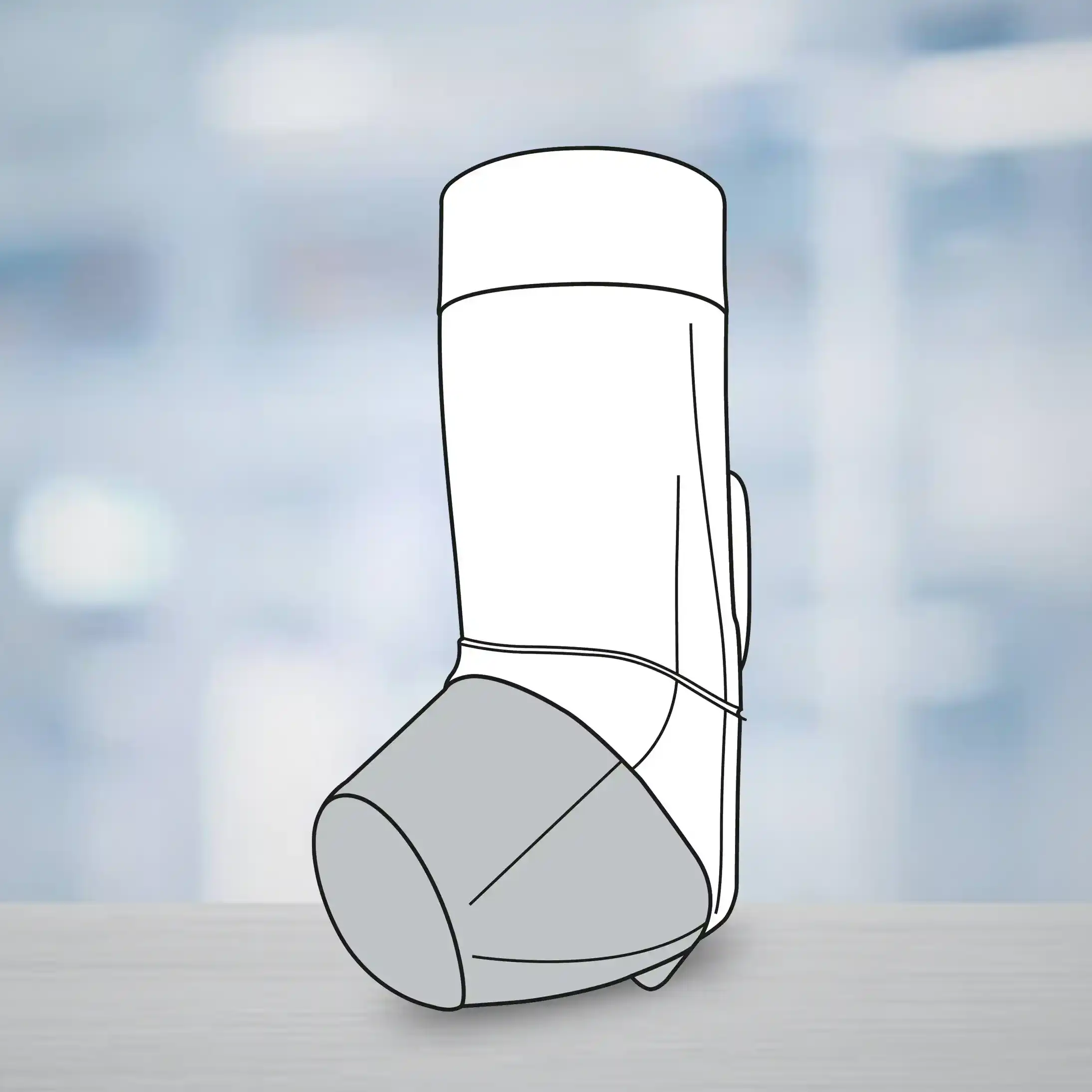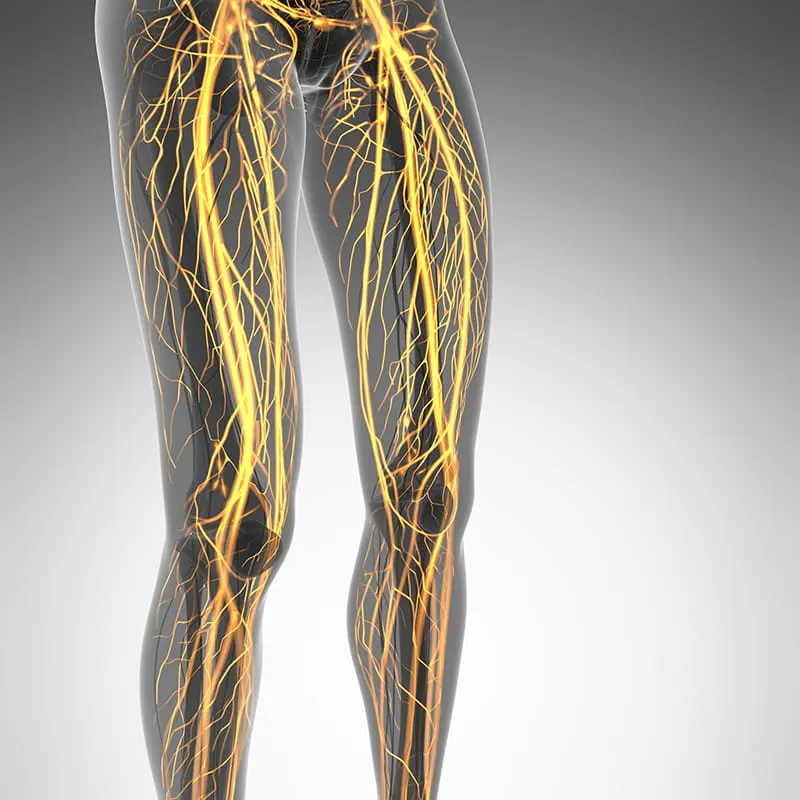Introduction
Allergic rhinitis (AR) is the most common respiratory allergy, with prevalence increasing globally including India. Although AR may seem trivial, inadequate management of AR leads to various other conditions like otitis media, nasal polyps, sinusitis, dental malocclusion, etc. AR can have a substantial impact on the patient’s quality of life and their daily activity. The addition of antihistamine to montelukast as a combination therapy might have beneficial complementary effects since both the early- and late-phase symptoms of AR can be addressed. However, there are few studies that have assessed the efficacy of fixed-dose combination of montelukast and fexofenadine in a real-world setting.
Aim
To evaluate the safety and efficacy of the fixed-dose combination (FDC) of montelukast/fexofenadine (FDC-M/F [10 mg + 120 mg]) in Indian patients with AR.
Method
Study Design
- Retrospective open-label, single-arm, multicenter, real-world observational study
Patient Inclusion Criteria
- Age >15 years diagnosed with mild-intermittent, mild-persistent, or moderate intermittent AR
- Having Total Nasal Symptom Score (TNSS) >5 as per the Allergic Rhinitis and its Impact on Asthma (ARIA) guidelines, in case available
- Not received antihistamine in the previous week
- Not received either montelukast plus fexofenadine for at least 4 weeks during the previous 6 months
Patient Exclusion Criteria
- Patients with AR, having a history of severe attacks of acute asthma in the previous 3 months
- Presence of comorbidities such as severe hepatic/renal impairment, autoimmune, cardiovascular, or neurological diseases
- Pregnant/lactating women
Treatment Strategy
- The eligible patients were selected from the medical records database of 12 sites across India
- The AR symptoms, the perception of physician regarding the efficacy and tolerability of the FDC and patient satisfaction was assessed at 4-6 weeks and compared to baseline
Endpoints
- Total Nasal Symptom score (TNSS) – sum of scores for each of nasal congestion, sneezing, nasal itching and rhinorrhea
- Total Ocular Symptom Score (TOSS) – sum of scores for each of itching/burning eyes, watering eyes, redness of eyes, photophobia and feeling of foreign body sensation
- Physicians Global Assessment (PGA) scale
- Treatment satisfaction using the Patients Global Assessment Scale (PGAS)
Results
- The study included a total of 329 medical records
- At the end of 4-6 weeks, TNSS and TOSS significantly improved with FDC M/F (p<0.001 for both) as seen in Figure 1.
Figure 1. Changes in TNSS and TOSS after 4-6 weeks
- The improvement was remarkable for every individual symptom of TNSS and TOSS
- Treatment with FDC M/F resulted in symptom relief in 98.48%
- The efficacy of the medication was agreed by 68.69% and strongly agreed by 30.09% on the PGA scale
- On the PGAS, 74.77% agreed and 24.62% strongly agreed with the tolerability of the medication
- About 91.1% were satisfied and 6.38% were extremely satisfied with the treatment
- There were no adverse events reported by any physician or patient
Conclusion
- Treatment with fixed-dose combination of Montelukast and Fexofenadine resulted in significant symptom relief and was well tolerated by the patients of allergic rhinitis
- The FDC M/F might be an effective therapeutic option for mild-intermittent and mild-persistent AR
Indian J Allergy Asthma Immunol. 2025 June. Doi: 10.4103/ijaai.ijaai_50_24.


